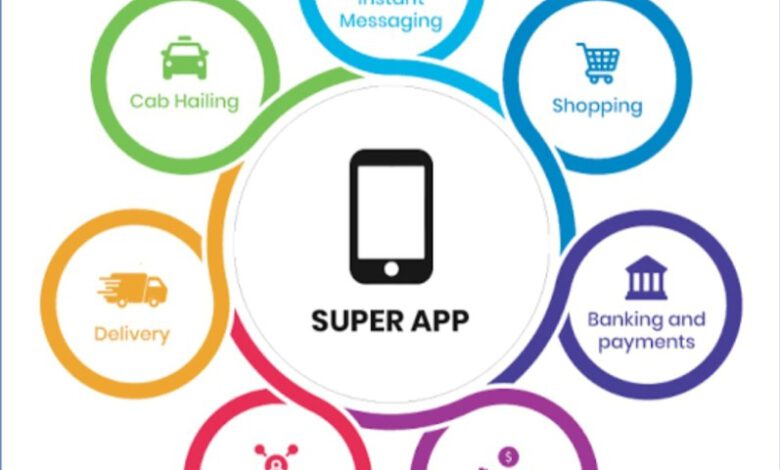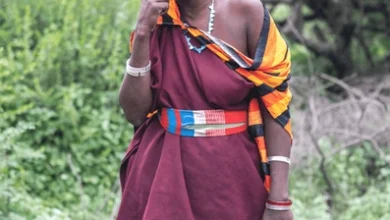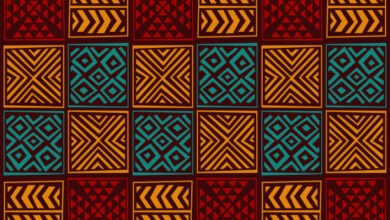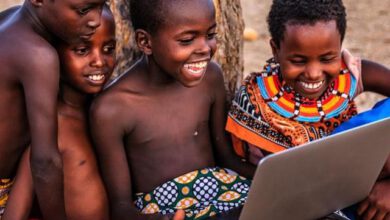Are African Super Apps Solving or Overloading Needs?

Imagine using the same app to talk, order food, pay bills, book a ride, and even see a doctor. Sounds like magic, right? That is the promise of Africa’s new super app platforms, designed to make life easier with a single tap.
As additional features arrive, some users are questioning if they are convenient or confusing. In this article, we will look at the development of super apps in Africa and if they are solving or merely overloading needs.
Africa’s expanding super app market
Super apps are mobile platforms that combine services such as messaging, payments, rides, e-commerce, healthcare, and others into a single, seamless interface. Originally developed in Asia by titans such as WeChat and Grab, they’ve now arrived on African soil, eager to succeed in a continent that prioritizes mobile over infrastructure.
In places like Nigeria, Ghana, and Kenya, people already rely on mobile apps for daily basics. Apps like PalmPay (backed by Transsion with over 35 million users) let people send money, top up airtime, pay bills, and even buy insurance all from one screen (Financial Times).
In South Africa, MTN’s Ayoba chat app lets users message, listen to music, play games, and access a micro‑wallet without heavy data use. With over 35 million active users and services in 22 languages, it’s making digital life feel local and intuitive. Wikipedia.
And in Uganda and Kenya, super apps are adding learning tools: bite‑sized lessons on agriculture, health, or financial literacy right inside chat windows.
However, not all African super applications are constructed the same. They are represented in four major patterns:
1. Mobility-Driven Super Apps
These start with transportation or logistics and then expand into adjacent offerings.
- Gozem: Operating in Francophone West and Central Africa (since August 2020)
- Gokada: Nigeria-based, launched super app features in 2021
- SafeBoda: Active in Uganda and Nigeria
- Yassir: From Algeria, backed by Y Combinator, targeting French-speaking Africa
- Temtem, Careem, Halan: Providing mixed services from ride-hailing to delivery
2. Financial Services-Driven Super Apps
Led by banks or e-commerce platforms, they tap into large customer bases for payment and credit services.
- JumiaPay: Combines mobile wallet with lifestyle features
- Habari (GTBank, Nigeria), Tingg (Cellulant, Kenya), Avo (Nedbank, South Africa)
3. Telco-Driven Super Apps
Built by mobile network operators using their massive user bases and local ecosystem control.
- Ayoba (MTN), M-Pesa App (Safaricom), VodaPay (Vodacom), Sasai (Econet), Orange Bank Africa
4. Chinese-Driven Super Apps
Heavily backed by Chinese capital or partnerships, they usually focus on financial services.
- PalmPay: Backed by Transsion, pre-installed on millions of African smartphones
- OPay: Once a broader super app, now focused on payments and lending
Are African super apps meeting real needs or causing digital overload?
In a continent with significant infrastructural gaps and divided services, super apps have emerged as vital digital links. In Kenya, the M-PESA super app has evolved beyond a wallet, including insurance, savings, e-commerce, and even agricultural services. For farmers in Eldoret and small traders in Kisumu, it’s more than simply an app; it’s their bank, their business, and their only hope for survival.
Gozem, which operates in Francophone West Africa, combines motorbike transport, parcel delivery, and mobile money in a region where bank facilities are scarce but smartphones are widely used. These apps meet users where they are and provide real services rather than just digital convenience.
Furthermore, in Togo and Benin, where traditional transportation is unstable and banking infrastructure is inadequate, Gozem’s strategy has eased daily problems. Consider Uganda’s SafeBoda, which expanded from a transportation app to incorporate payments, deliveries, and airtime recharges, empowering both informal laborers and market traders.
Recent forecasts place Africa’s digital payments economy at $1.5 trillion by 2030, fueled by rapid internet penetration (expected at ~20% annual growth) and rising financial inclusion (6% per year). This progress makes an app that combines messaging, payments, learning, and more seem not just possible but essential.
Additionally, more apps are combining functions such as transportation, conversation, payments, food, health, and entertainment into a single interface. However, as features increase, so do frustrations.
According to a GeoPoll study conducted in 2023, 62% of African mobile consumers favor simplicity over multifunctionality. In rural Nigeria, customers claim frequent crashes of super apps due to limited bandwidth. Why? Users preferred separate applications for rides, texting, and shopping, with each geared for low data usage and easier navigation.
In Mozambique, small company owners continue to favor WhatsApp for trade not because it is the most useful, but because it is simple, familiar, and does not deplete their phones.
And then there are the user experience issues. In communities with tech literacy, super apps serve as a burden as a result of the pages taking a long time to load. And also updates consumer data. Meanwhile, some apps require memory that customers cannot afford. What is the end result? Frustration. Abandonment.
These apps are sometimes overly similar to WeChat or Gojek in Asia, failing to take into account Africa’s specific demands, infrastructure, or behaviors. More features, however, do not automatically imply more value.
Conclusion
To become “everything for everyone,” some African super apps could miss the most important factor: relevance.
Yes, the concept is ambitious: combining diverse services under a single digital roof. Super apps can also make life easier in areas where access is unavailable. However, in attempting to do too much, some companies lose sight of what their customers truly require: clarity, simplicity, and trust.
A really “African” super app is not a replica of WeChat or Alipay; rather, it reflects the daily lives of young traders in Ibadan, farmers in Bobo-Dioulasso, and delivery riders in Kigali. It should address problems rather than creating more uncertainty.






